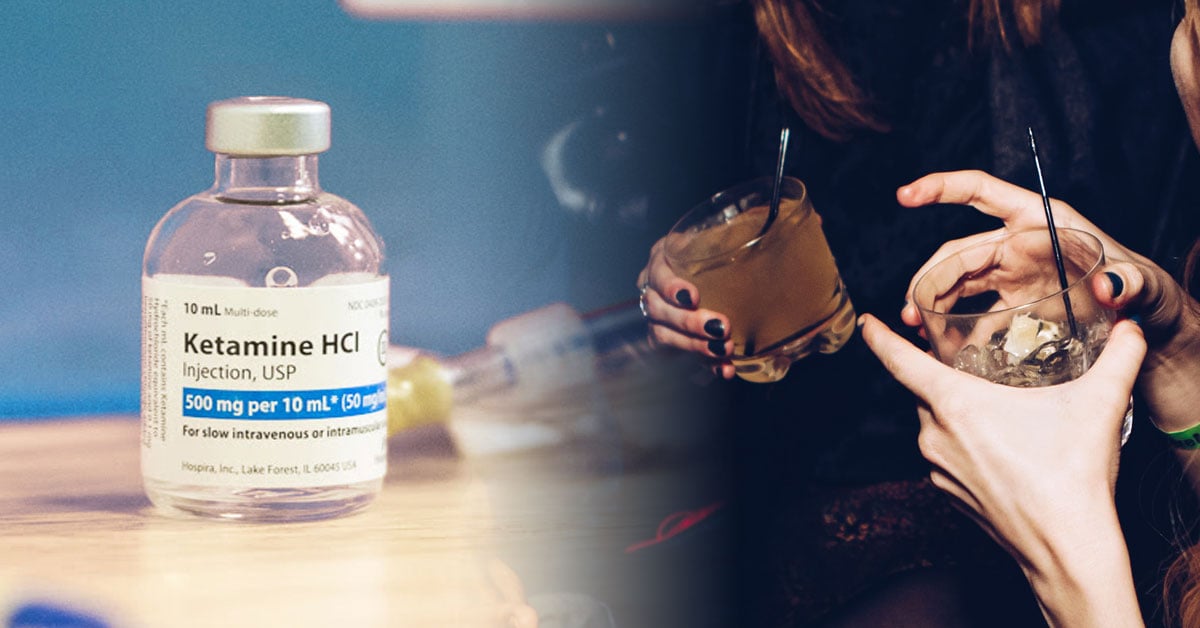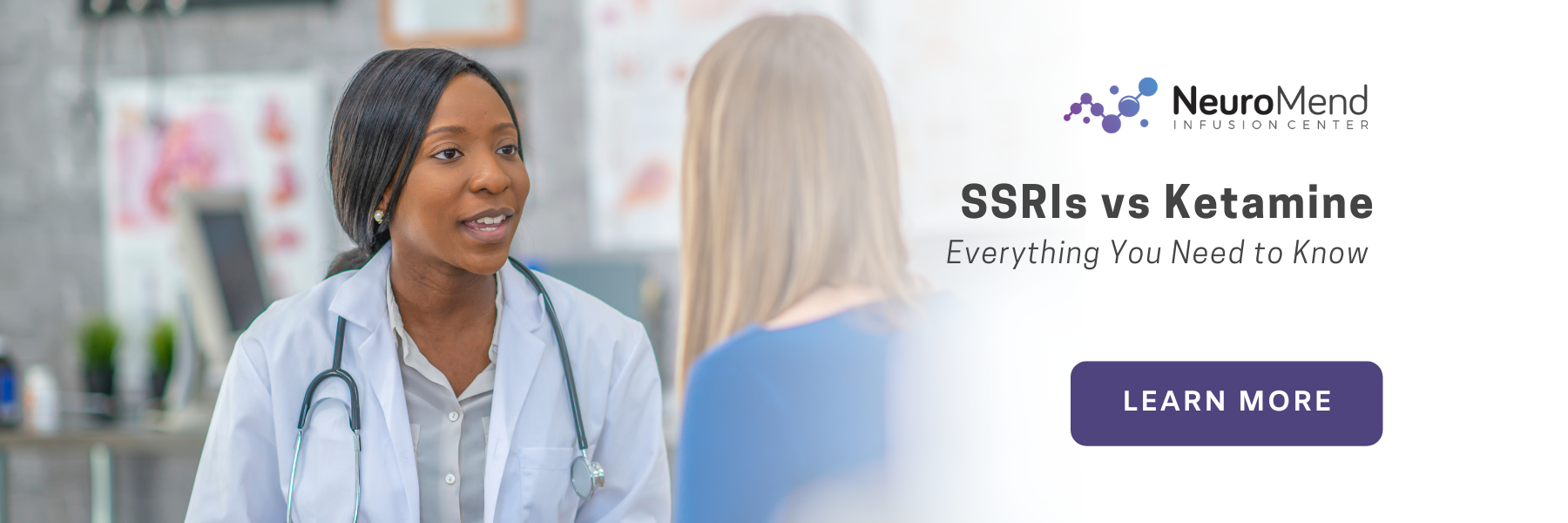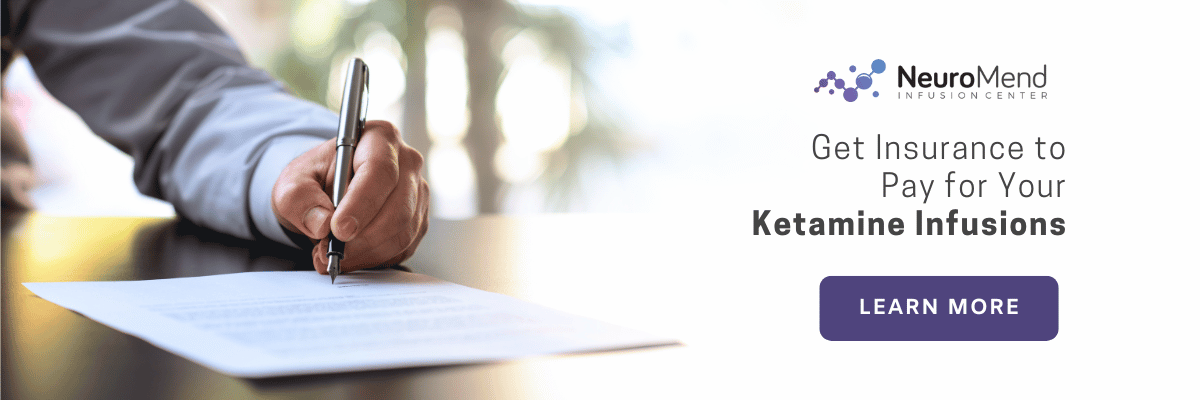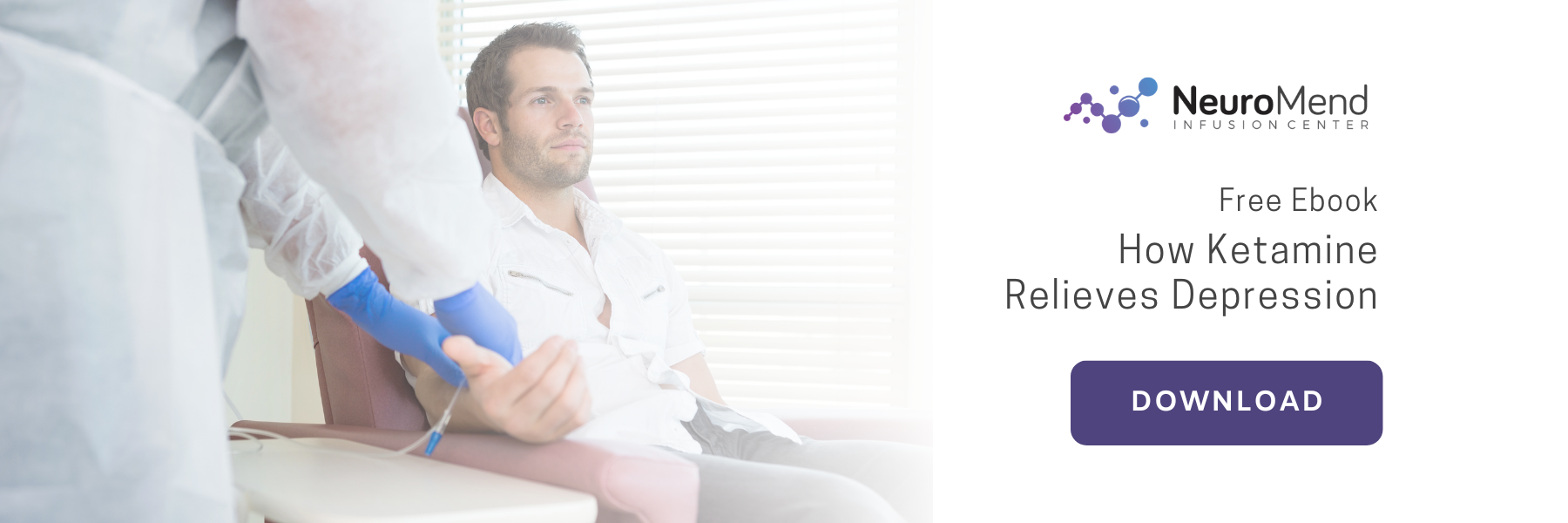
While Intravenous Ketamine takes the lead in PTSD and depression treatment, recent research indicates IV Ketamine also treats addiction.
Specifically, alcohol consumption. Indeed, in one study using Intravenous Ketamine, alcohol consumption was reduced for a minimum of nine months!
How so? By disrupting associative memories fueling the addiction cycle.
Keep reading and learn how Ketamine reduces alcohol consumption and dismantles addiction!
How Does Associative Memory Play into Addiction?
The addiction cycle is often fueled by associative memories. For example, a positive association is easily conjured by encountering a friend, place or advertisement associated with one’s addiction. These powerful, positive associations pull one back into the addictive cycle.
How Does Ketamine Disrupt These Addiction-fueling, Associative Memories?
Understanding how Ketamine disrupts addiction-fueling, associative memories requires a brief look into the science behind memories:
Connections between networks of neurons within the brain strengthen long-term memories. Infusing new information into a memory demands a momentary upheaval at the synapses (the junctions between neurons). Chemical signals are transmitted by cells at these junctions.
An Example of Incorporating New Information into a Memory:
Imagine returning home to quite a birthday surprise: a remodeled kitchen!
While making great use of your gift, your long-term memory sends you to the spot where you’ve disposed of cooking scraps thousands of times, only to discover that your trash-pail isn’t there!
Updating your memory of your trash-pail’s new location requires a slight upheaval at the synapses where your cells transmit chemical signals. In that brief moment, some of the proteins which receive and interpret these chemical signals are broken down and recycled.
Of these proteins, one particular receptor protein, NMDA, plays a leading role in editing and re-stabilizing associative memories.
What is NMDA?
Located within the post-synaptic membrane of a neuron, the N-methyl-D-aspartame receptor (NMDA) is a receptor protein which stimulates processes inside a neuron to create new synaptic proteins. These new synaptic proteins strengthen the connection between a neuron and its neighbor.
Now the groundwork is in place to answer the question:
How Does Ketamine Disrupt These Addiction-fueling, Associative Memories?
Addiction research indicates Ketamine is able to block NMDA receptors!
Indeed, Ketamine can potentially preserve us from re-stabilizing memories which fuel addiction!
Ketamine Study Reduces Alcohol Consumption
A team led by Ravi Das, a psycho-pharmacologist at University College London, recruited ninety participants in order to study this approach. In common, these volunteers:
- Were considered “harmful drinkers”
- Were not diagnosed with addiction
- Consumed and average of thirty beer pints per week
- Desired to reduce their weekly alcohol consumption
How Did this Alcohol-Reducing Ketamine Study Play Out?
During the first lab visit, a “retrieval plus Ketamine” group of thirty participants:
- Sat before a glass of beer
- Observed a sequence of four onscreen photos of beer (alongside images of non-alcoholic beverages)
- Rated their urge to drink the beer
- Rated the level of enjoyment drinking the beer might bring
Afterward, the screen prompted the participants to pick up and consume the beer.
During the second lab visit, these same thirty participants:
- Observed the four beer images again
- Were prompted to pick up the beer, but immediately following the prompt, the screen cut off
- Did not drink beer this day
- Received a single high dose of intravenous ketamine within minutes of hearing the prompt to pick up the beer
How Was This Alcohol-Reducing Ketamine Study Designed?
Researchers designed this study:
- To create a surprise which would prompt the brain to update some of its alcohol-related memories
- To utilize Ketamine to prevent these memories from re-stabilizing
- In hopes that this process would interfere with associations in the brain between drinking and reward (which drive alcohol cravings)
What Happened in the Control Groups In this Alcohol-Reducing Ketamine Study?
The sixty remaining participants comprised two control groups:
1 - The first group of thirty participants were brought through the beer-anticipation task, and received a placebo injection rather than Ketamine
2 - The second group received Ketamine after a similar “surprise” task involving orange juice. Likewise, O.J. images were observed rather than beer images
 Results from this Alcohol-Reducing Ketamine Study
Results from this Alcohol-Reducing Ketamine Study
Ten days post-experiment, only the participants in the “retrieval plus Ketamine” group reported:
- Significant decline in their desire to consume beer when it was placed before them
- Less enjoyment found in drinking beer
- Less desire to drink more than one beer per sitting
Although in the days and months following this study, all three groups managed to reduce their alcohol consumption, the “retrieval plus Ketamine” group reported the most dramatic reduction. Notable, also, is that at the beginning of this study, this group had slightly higher drinking levels than those of the other two groups.
In fact, ten days post-experiment, the “retrieval plus Ketamine” group reported drinking about ten fewer pints weekly than that consumed prior to the experiment. In Nature Communications, researchers reported that nine months after the experiment, these same participants consumed only half of the average of beer they’d consume weekly prior to the experiment.
However, it is also to note Ketamine may not be the only factor influencing these results. That is, both control groups showed an approximate thirty-five percent reduction in drinking nine months after this study.
Neuroscientist Mary Torregrossa Shares Thoughts about Ketamine Treatment for Alcohol Reduction
Neuroscientist Mary Torregrossa studies addiction at the University of Pittsburgh. Her words about this study are intriguing:
“To actually get changes in [participants’] behavior when they go home and they’re not in the lab is a big deal.” However, because lacking brain imaging data, “we don’t know exactly what happened to the memory.”
“... a single encounter with a glass of beer and a few photos clearly didn’t totally upend the participants understanding of what a beer is or what it’s like to drink one. But it could have subtly changed subconscious processes that drive the emotional reaction to alcohol.”
Torregrossa continues,
“Ketamine may well affect the brain in other ways that can influence alcohol consumption.”
However, because it’s an approved drug with a clean safety record, “it’s a pretty obvious direction to go” within treatment development.
Ravi Das Continues Studying Ketamine Use for Reducing Alcohol Consumption
Psycho-pharmacologist Das concludes,
“If evoking and disrupting memories before Ketamine use boosts its effects, as this study’s comparison to the orange juice group suggests, it’s a pretty simple activity to add to a treatment.”
His team plans to analyze electroencephalography data retrieved during these experiments to find possible predictors of good responses.
Contact us today!
If you would like to discuss this study with our Ketamine experts please contact our clinic.
We can find the answer together!
References
https://www.sciencemag.org/news/2019/11/ketamine-disrupts-memories-help-heavy-drinkers-cut-back
ABOUT NEUROMEND INFUSION CENTER
We Provide Effective Treatment For The Following Conditions: Major Depressive Disorders, Post-traumatic Stress Disorder (PTSD), Bipolar Depression, Obsessive Compulsive Disorder (OCD), Chronic Migraines, Severe Anxiety, Fibromyalgia and Chronic Pain Syndromes.













